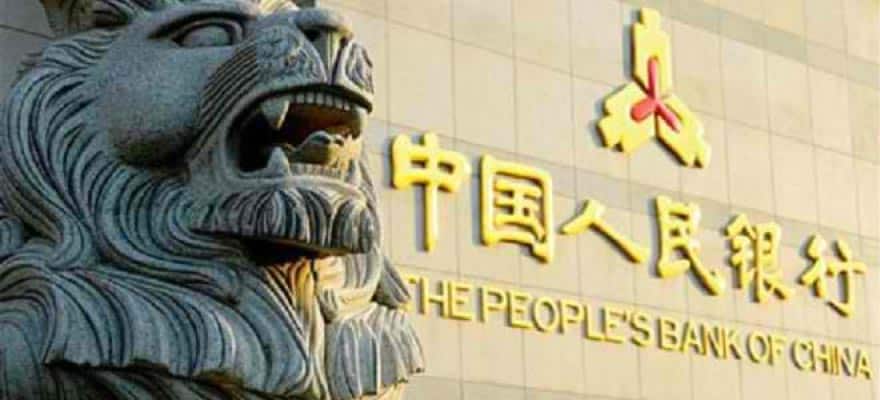Li Bo, the recently-appointed Governor of the People’s Bank of China (PBOC), spoke publicly on Sunday about the potential benefits of Cryptocurrencies as investments. Cointelegraph, citing Chinese journalist, Colin Wu, reported that Li made the comments at the southern Chinese Boao Forum this weekend.
“We believe that Bitcoin and stablecoins are encrypted assets,” said Li. “Encrypted assets are an investment option, not currency itself. It is an alternative investment, not currency itself. Therefore, we believe that crypto assets should play a major role in the future, either as an investment tool or as an alternative investment.”
Li reportedly spoke about how regulatory uncertainty in China could be affecting crypto’s potential as an investment tool, referring to the bank’s ban on ICOs and domestic crypto exchanges. Additionally, he said that if any exploration of regulatory changes may occur, PBoC will “continue to maintain the current measures and practices” that it has previously put in place for the time being.

Li Bo, Governor of the People’s Bank of China (PBOC). (Source: Caixing Global)
A Change in Faces at the PBoC Seems to Also Be a Change in Attitudes toward Cryptocurrencies
Moreover, he commented on the potential for stricter regulation of stablecoins than other kinds of cryptocurrencies: “in the future, if any stablecoin hopes to become a widely used payment tool, it must be subject to strict supervision, just like banks or quasi-bank financial institutions are subject to strict supervision,” Li said.
His remarks stood out in contrast to the remarks of Zhou Xiaochua, the former President of PBoC, who also spoke at the Boao Forum. Zhou made a strong distinction between what he referred to as the “real economy” and the economy in which digital currencies exist: “finance is to serve the real economy,” he said. “Whether it is digital currency or digital assets, it should be closely integrated with the real economy and serve the real economy.”
"Everyone has to ask, what are the benefits of digital assets to the real economy? I still have questions in my mind about this," he said. "...From the perspective of policy encouragement, China emphasizes that financial products, financial services and new institutions should pay attention to [digital currencies]. You have to serve the real economy, and you have to make it clear what are your benefits to the real economy."
Therefore, although Li was only appointed to the Governor’s position at PBoC last week, he seems to already be pushing for PBoC to begin recognizing cryptocurrencies as a potential store-of-value.
PBoC has already explored the use of digital currencies in other respects. The bank has been involved in the exploration of a digital Yuan, a nationally-issued stablecoin, since 2014. Throughout 2020 and 2021, the bank has been conducting tests of the stablecoin in various cities across the country.
However, the stablecoin would not be used as a vehicle for investment. Li spoke about the digital Yuan at the Forum, remarking that the digital yuan would be "primarily [for] domestic use," and that China may eventually consider cross-border Payments and transaction use cases "in the long term." At the moment, the country reportedly plans to introduce the currency for use at the 2022 Winter Olympic Games in Beijing.
The quotes in this article have been translated from simplified Chinese into English. To read the original quotes, click here.


















